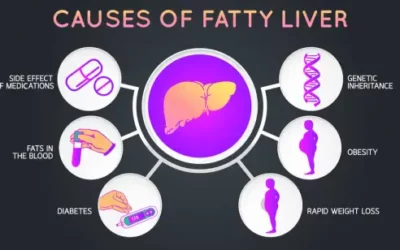What is a colonoscopy?
A colonoscopy is an examination of the large intestine (colon) to evaluate for pre-cancerous polyps, cancer, inflammation, infection, or other abnormalities which might indicate gastrointestinal disease, either temporary or long term.
Colonoscopy involves the insertion into the rectum and passage of a thin flexible colonoscope or hollow tube to evaluate the entirely of the colon and sometimes the last portion of the small intestine (terminal ileum). The colonoscope is designed in such a way to enable us to take small tissue samples (biopsies) or fluid, to evaluate for infection, inflammation, polyps, pre-cancerous changes and colon cancer. We are also able to completely remove pre-cancerous polyps by using a forceps or a snare inserted into the colonoscope, preventing the need for surgery and preventing the growth and ultimate change of the pre-cancerous polyp to colon cancer. Early detection of polyps of the colon and removal by colonoscopy is the single most effective way of preventing colon cancer, the second most common cancer in both men and women in the United States.
Who should undergo a screening colonoscopy?
Anyone age of 45 and older, including those without known family history of gastrointestinal issues, cancer, or active symptoms. The U.S. Preventive Services Task Force (USPSTF) recommends screening for colorectal cancer starting at age 45 years and continuing until age 75 years. The decision to screen for colorectal cancer in adults aged 76 to 85 years, and those over 85 years of age, should be an individual one, considering the patient’s overall health and prior screening history.
How often should a person undergo a colonoscopy?
The need to schedule another colonoscopy depends on the results of the previous colonoscopy, family history and symptoms. A colonoscopy should be scheduled in 1-3 years if a precancerous polyp was identified on a previous colonoscopy. Those with personal history of colorectal cancer should undergo a colonoscopy annually. People with family history of colon cancer or precancerous polyps should schedule their colonoscopy every 3-5 years. Symptoms such as unintentional weight loss, diarrhea of unknown cause or bloody diarrhea, abdominal pain and loss of appetite, iron-deficiency anemia (especially in men), and recent bout of diverticulitis may warrant the need for a colonoscopy.



